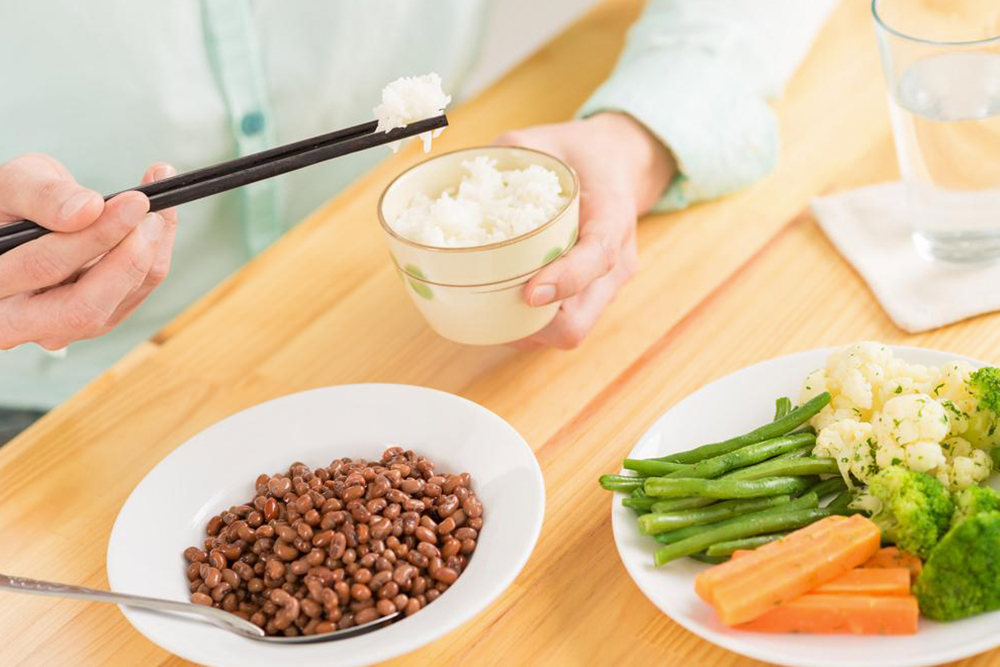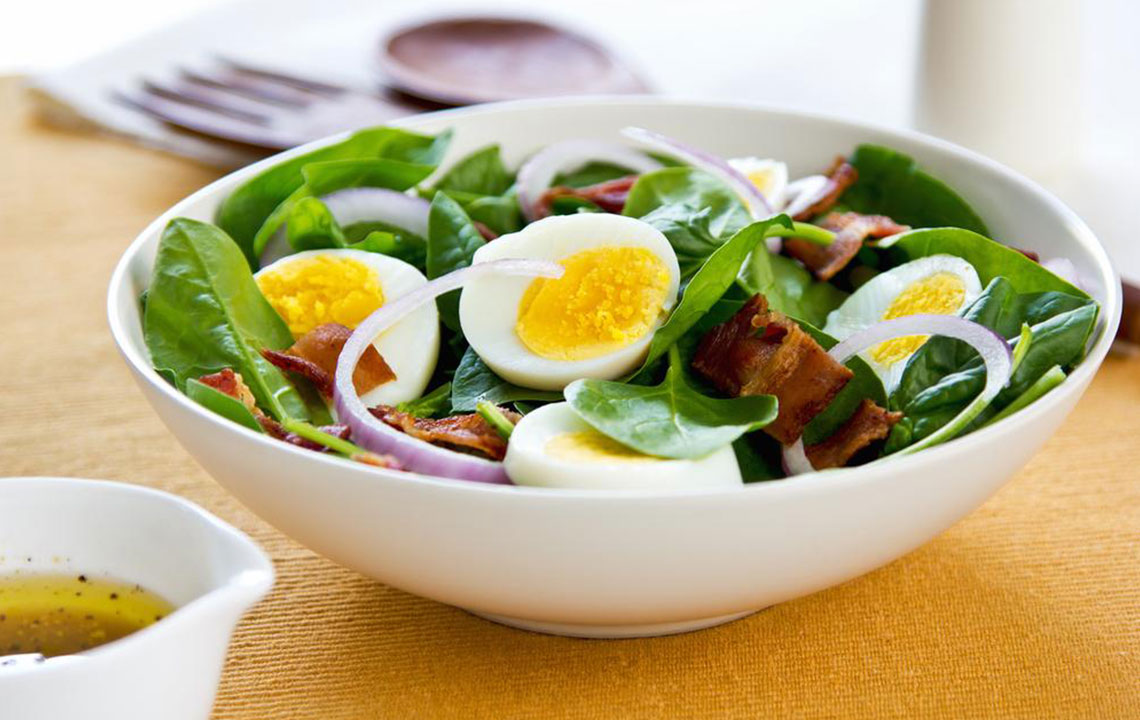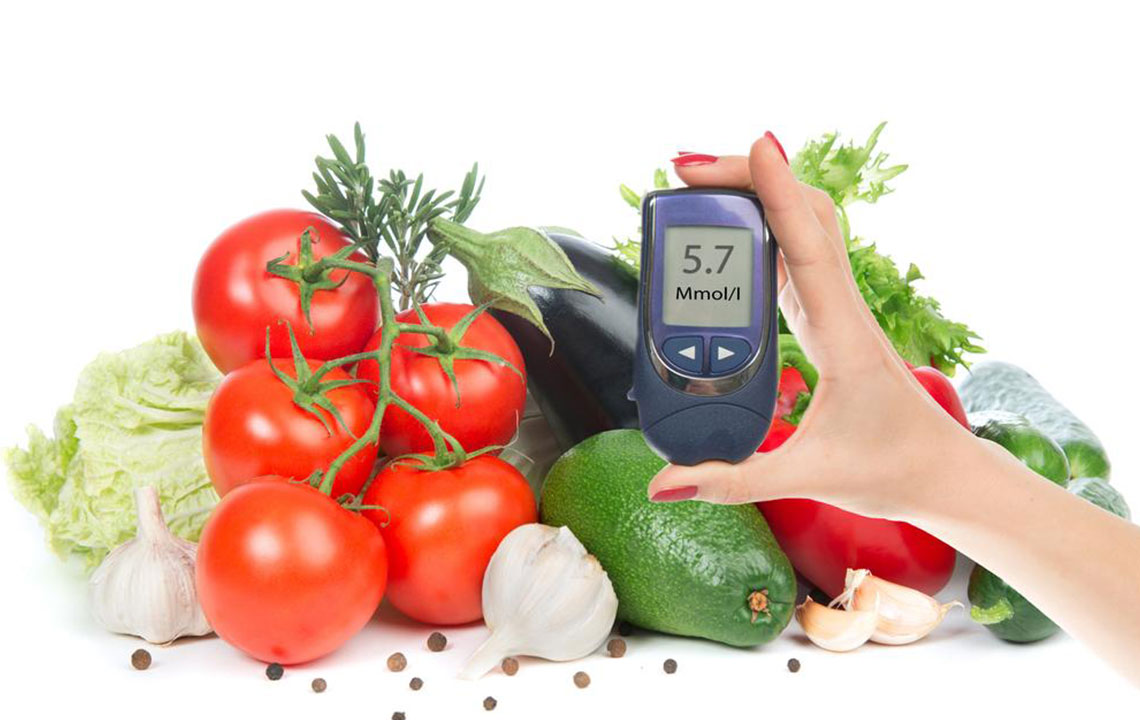Top 10 high protein vegetarian foods
Proteins are an essential source of nutrients and amino acids, for muscle growth and maintenance. But you don’t necessarily have to be a non-vegetarian to ensure a proper protein intake, the reason being most protein rich sources apart from dairy are meat or seafood based. Vegetarian substitutes are just as rich in protein compared to their meaty counterparts.
Here is a list of top high protein vegetarian foods.
Vegetables like broccoli, spinach, asparagus, artichoke and many other leafy vegetables contain a decent amount of protein, up to 5 grams per cup.

Also, fruits like guavas, bananas, mulberries, blackberries contain an average 3 grams of protein per cup.
Nuts and various seeds are a rich source of protein, in addition to fiber, healthy fats, vitamins minerals and other vital nutrients. Nuts pack about 5 to 7 grams of protein per oz.
Oats may not be a rich source of protein compared to nuts or fruits and vegetables, but still pack a considerable punch when compared to wheat or rice.
Oatmeal is a favorite breakfast amongst many other variants, helping you incorporate a balanced protein intake in your vegetarian diet.
Milk is a rich source of protein but when substituted with soy milk, it is a great alternative to cow’s milk. An excellent source of calcium, vitamin D, vitamin B12 and 7 grams of protein per cup.
Unsweetened soy milk is a very versatile product which can be consumed as is or can be used in many recipes.
Green peas, a versatile ingredient which can be incorporated in many recipes. Not only are they rich in proteins with 9 grams per cup, but also covers 25% of your daily fiber intake. You can use it as a side dish or make it the star of or your homemade pea soup recipe.
Tofu is made from soybean which is a complete source of protein. This means all the necessary amino acids required by our body can be found in one ingredient. Tofu has no taste hence it tends to absorbs the ingredients in which it is prepared. Tofu on an average contains more than 16 to 19 grams of protein per 100 grams of serving.
Many other vegetarian ingredients can be easily substituted for recipes without compromising the protein content. Taste may tend to differ per substitute used, but keeping the nutritional and biological value in check.




